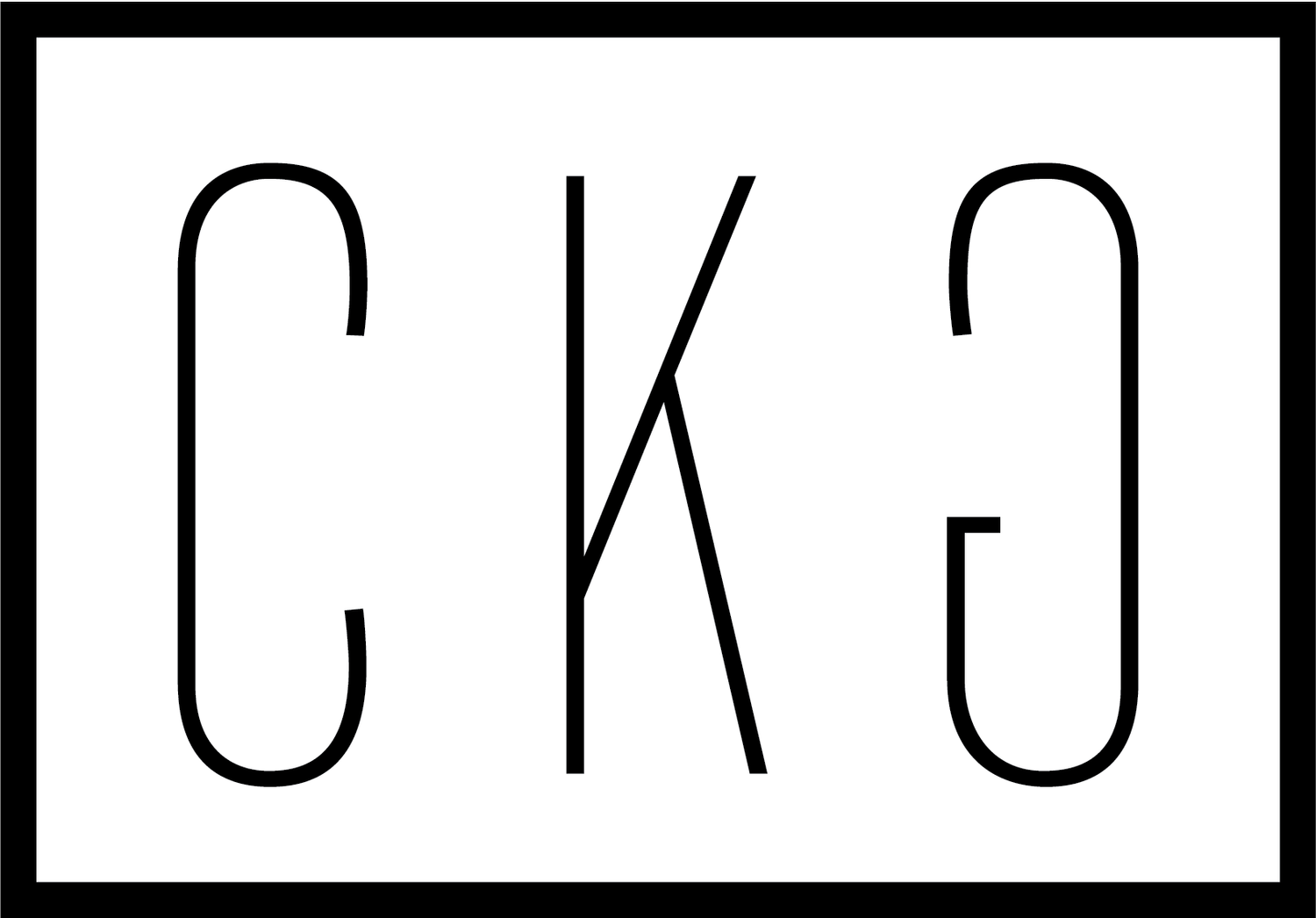Since my family have just returned from a trip to England, I’ve been thinking about my first few trips to the country and some of the interesting linguistic quirks I have learned from the British. Of course, there is the lovely accent. This is one of the initial attractions that led me to marry a British man. But beyond that, there are a host of unexpected differences between Canadian and British ways of speaking. Here are just a few:
1. Misleading words. Early in our relationship, my future British husband invited me to come to England and visit his parents on the “Estate.” I did so, with visions of peasant farmers, a Downton-Abbey-esque manor and perhaps and Earl or two. Upon arriving I soon realized that “housing estate” is British for “subdivision.” Despite the misunderstanding, Rich and I still ended up getting married. Also, if a British person has you over for dinner and says it's time for “pudding,” try not to get your hopes up for the sweet creamy milk-based dessert that springs to mind. Brits call any dessert pudding, in fact, some British puddings are savoury, not sweet. Black pudding is a type of blood sausage and pease pudding is made from boiled legumes.
2. The missing “R.” My son learned about the world of storm troopers and Jedi from his British daddy and still thinks that I’m saying “Star Wars” wrong. “It’s Star Walls mummy,” he insists. Once, in France, my husband asked my if I wanted to go to the spa with him. To my surprise we ended up at the “Spar,” a European grocery store chain.
3. British greetings. When I began my career on cruise ships I would often be greeted by the phrase, “Are you alright,” to which I would answer “I think so?” and promptly find a mirror and check if I was bleeding from the head or covered in a purple rash. It turns out “Are you all right?” or “All right?” is a common British greeting, like our “How are you?” Another quirky British greeting is, “Fella.” That’s it, just “Fella.” Always between men and often repeated, sometimes drawn out and accompanied by the masculine equivalent of a giggle. Quirky.
4. Brand names used as nouns. We are guilty of this as well but where we say “Kleenex” instead of tissue and “Kraft Dinner” instead of macaroni and cheese, the British call all rain boots “Wellies” (for Wellingtons) and a vacuum is referred to as a “Hoover.” Hover has the privilege of being a verb as well as a noun; "I hoovered yesterday."
5. Awesome words for which there is no Canadian equivalent. Dodgy is a word for something or someone who is unreliable, dishonest or low quality, just not quite on the up and up. The telemarketer who offers to fix the virus on your Windows operating system when you have a Mac is “dodgy.” Manky means dirty or disheveled, maybe even gross. The sandwich that’s been in the fridge for a week and smells slightly of rotten eggs is “manky.” It’s probably also “dodgy.” Camp is when someone who is not necessarily gay has effeminate affectations, often in a comedic way. Kind of like man doing an entertaining valley girl impression. Graham Norton and Eddie Izzard are British entertainers who could be considered camp.
Note: There are a few Canadian words to beware of in England. For example, don’t compliment someone’s "pants" unless you know them intimately (pants mean underwear), the punctuation at the end of a sentences is a "full-stop" (period just has the one meaning) and just don’t say the words “fanny pack," use the British "bum bag."
